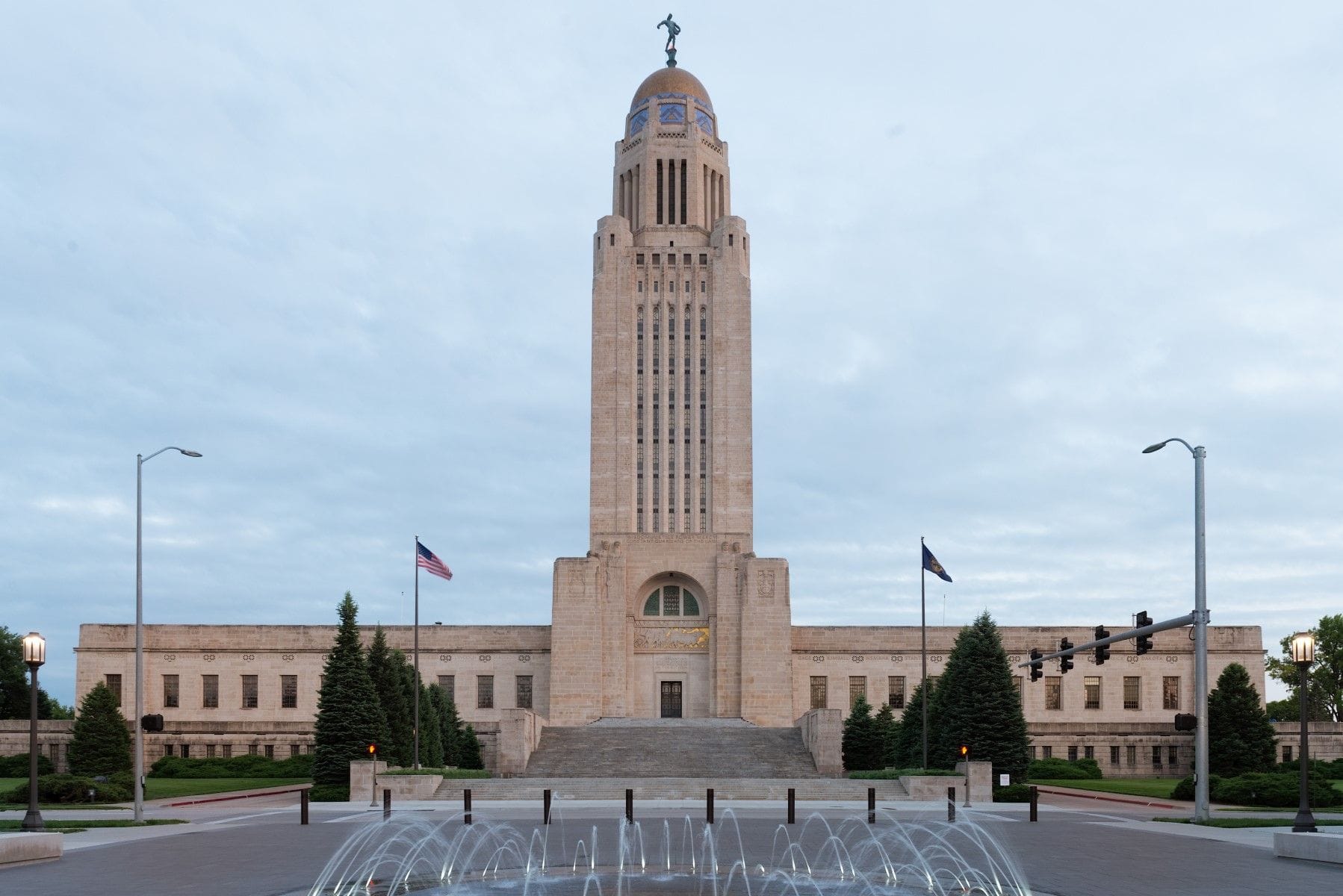Nebraska Expert Witness Report Rules
Expert witness reports are required in Nebraska under specific rules, detailing opinions, bases, and qualifications, with strict adherence to deadlines essential.
Updated on
In this article
Are Expert Witness Reports Required in Nebraska?
In Nebraska, expert witness reports are indeed required under certain circumstances as outlined by the state's procedural rules. Specifically, Nebraska Court Rules of Discovery in Civil Cases, under Neb. Ct. R. Disc. § 6-326(b)(4), mandate that a party may discover the identity of any expert witness the opposing party intends to call and the substance of the expert’s expected testimony, often through interrogatories. For retained experts, Nebraska typically necessitates a written report. This report must be disclosed before the expert's deposition can be taken, adhering to a report-first, deposition-second sequence. The court usually establishes deadlines for serving expert reports and any subsequent rebuttal reports (Neb. Ct. R. Disc. § 6-326(b)(4)(A),(c)(5)).
What is Required in a Nebraska Expert Witness Report?
A Nebraska expert witness report must encompass several key components to comply with state rules:
- Opinions: Clearly articulated opinions that the expert intends to present.
- Bases for Opinions: The underlying reasons and justifications for the expert's conclusions.
- Data Considered: Any data, studies, or information reviewed and relied upon in forming the opinions.
- Exhibits: Any exhibits the expert plans to use during testimony.
- Qualifications: A summary of the expert’s qualifications, including educational background and professional experience.
- Compensation: Details regarding the compensation received by the expert for their participation and preparation.
These requirements align closely with the federal standards but are specifically tailored to meet Nebraska's legal framework.
Scope and Authorship of the Report
In Nebraska, an expert witness report must be drafted and signed by the expert themselves. While attorneys may assist in compiling information and ensuring compliance with procedural requirements, the core content and opinions must originate from the expert. The extent of attorney involvement is primarily limited to logistical and procedural tasks rather than influencing substantive content. The scope of the report may vary depending on the type of expert testimony or the nature of the case, emphasizing the need for precision and expert-driven content.
Missing, Deficient, and Untimely Reports
Failure to provide a necessary expert report, or submitting one that is incomplete or late, can lead to significant consequences under Nebraska's sanction rules. Potential repercussions include:
- Exclusion of Testimony: The expert's testimony may be excluded from trial.
- Sanctions: The court may impose sanctions on the offending party.
- Continuances: In certain cases, the court may grant a continuance to rectify the deficiency.
These sanctions reinforce the importance of adhering to established deadlines and report requirements (Neb. Ct. R. Disc. § 6-326).
Original, Supplemental, and Rebuttal Reports
Nebraska differentiates between original, supplemental, and rebuttal expert reports, each serving distinct purposes:
- Original Reports: Initial reports outlining primary expert opinions.
- Supplemental Reports: Updates or additions to the original report when new information emerges.
- Rebuttal Reports: Reports specifically addressing and countering the opposing party's expert opinions.
The timing and purpose of these reports are generally governed by the court's scheduling order. Nebraska courts handle disputes over these filings by adhering strictly to procedural guidelines, ensuring fairness and clarity in expert disclosures.
Relevant State Rules and Legal Requirements
Nebraska’s expert witness disclosure requirements are primarily governed by Neb. Ct. R. Disc. § 6-326. This rule provides detailed guidance on the procedural aspects of expert discovery and report disclosures. Additionally, key cases interpreting these rules offer further insights into their application, although specific case law references are not provided here.
Notably, while Nebraska’s rules bear resemblance to federal procedures, they are distinct in requiring the report-first, deposition-second sequence, emphasizing structured and timely expert disclosures to facilitate a fair trial process.


